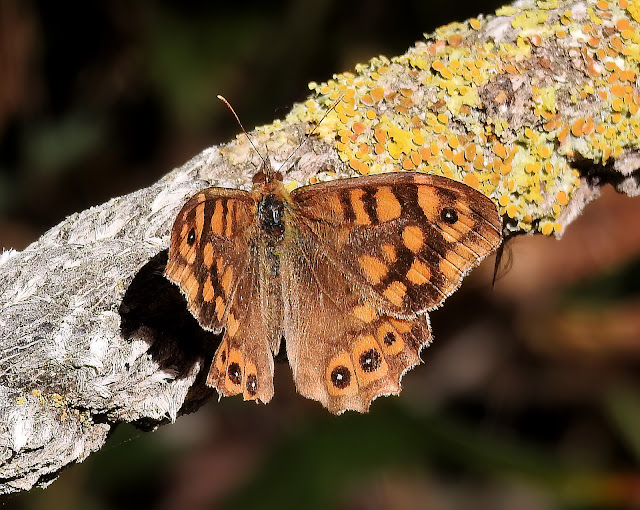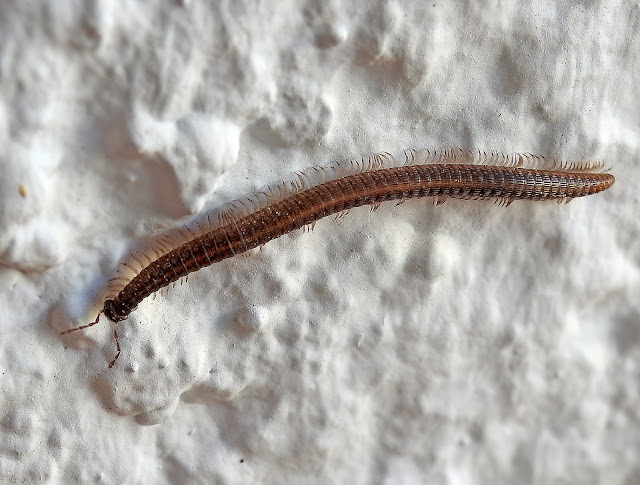Habitat The species shows a preference for saline habitats and frequents mudflats and muddy or sandy estuaries in coastal regions, and occurs inland on saline and brackish lakes in steppe or semi-desert. Asiatic populations also occupy freshwater rivers or marshes and other populations utilise freshwater habitats on migration.
Diet Its diet consists predominantly of salt-water molluscs (e.g. Hydrobia spp.) as well as other aquatic invertebrates (e.g. insects, crustaceans and worms), small fish, fish spawn and plant material (e.g. algae, seeds and agricultural grain)
Breeding site The nest is commonly positioned in a tree-hollow up to 8 m above the ground or in a mammal burrow (e.g. of European rabbit Oryctolagus cuniculus). Rarely nests may also be placed in the open or in dense vegetation up to 1 km from water. The species will also nest in artificial nest-boxes.
%201.jpg)













%201.jpg)
%201.jpg)











%201.jpg)








%201.jpg)







